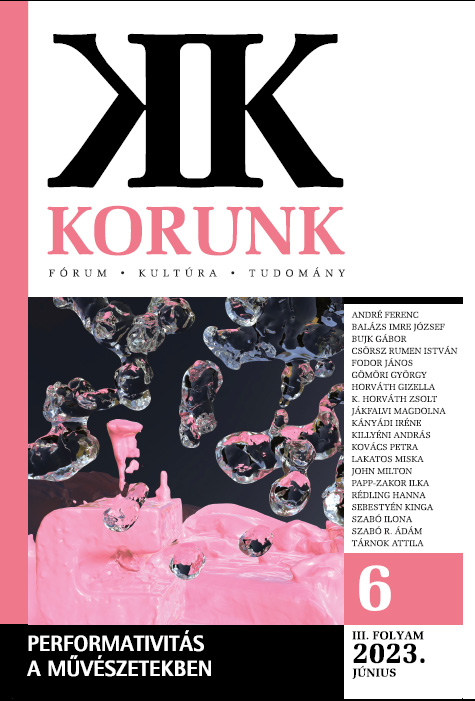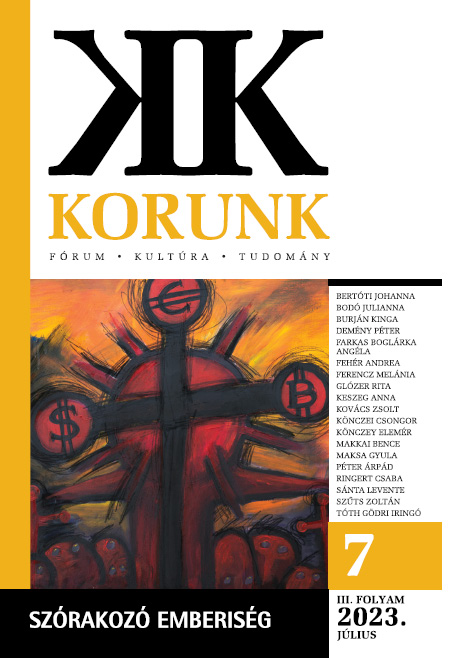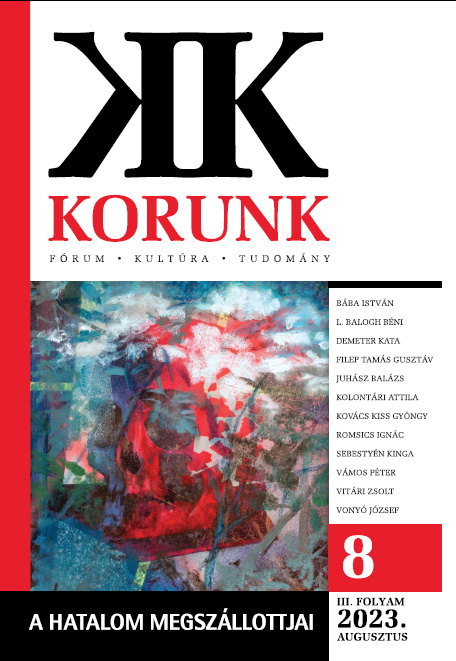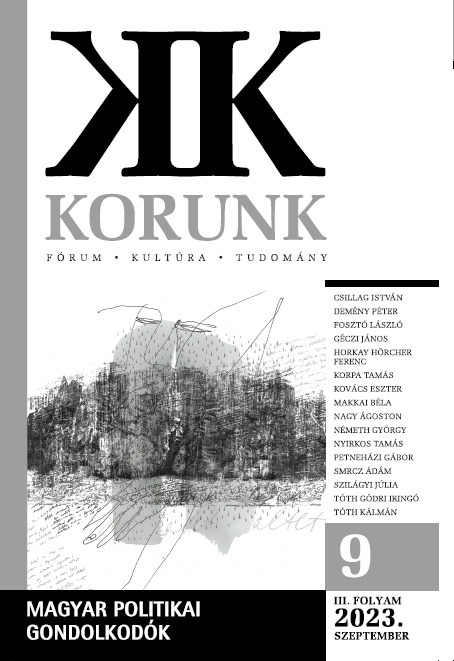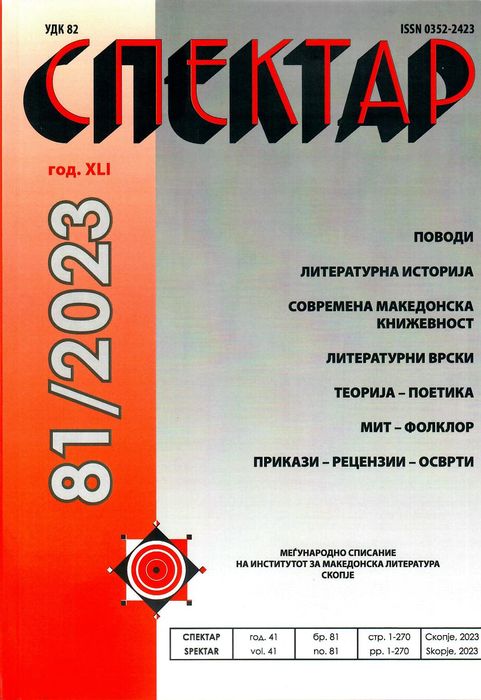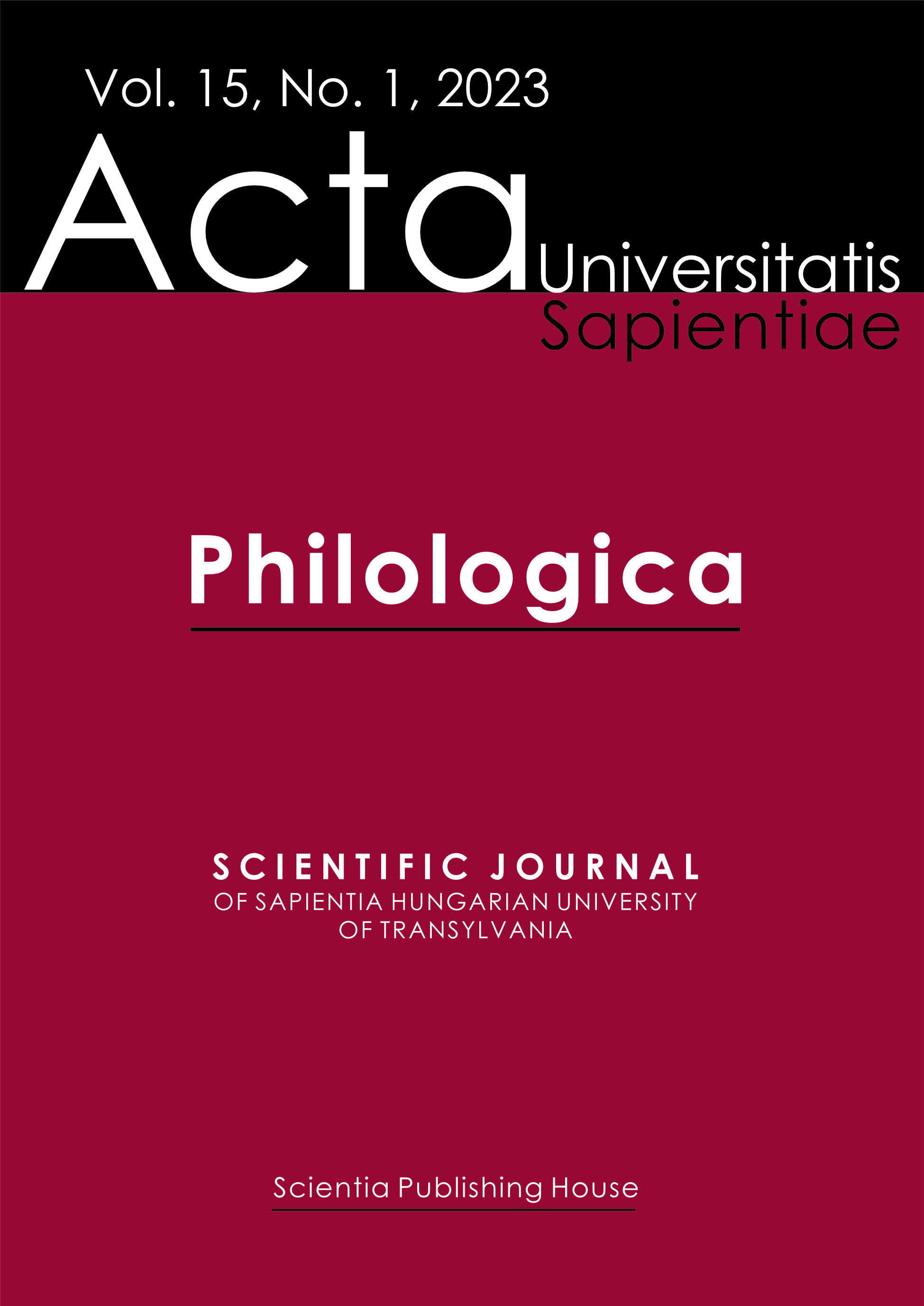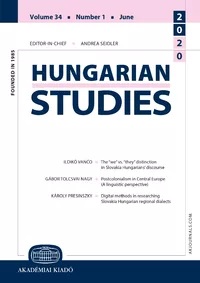
Regionalitätskonzepte – Ungarische Literaturgeschichtsschreibung nach 1945 im Kontext der rumänischen Literaturgeschichte
In the discourse of 20th and 21st century Hungarian literary history writing the aspect of regionality is recurrently present, primarily in relation to minority/ethnic Hungarian literature. The positions and relations of these literatures can be inferred not only from the perspective of their naming and designation, but also from the way they are discussed or even represented as books. The study attempts to show the regionality formations in the history of Hungarian literature, which in mutual reflection, overlapping and displacement, have tried to gain a dominant position in the discourse on Hungarian literature. As a point of comparison, the essay also includes the regionality phenomena of Romanian literature in the field of interpretation.
More...
